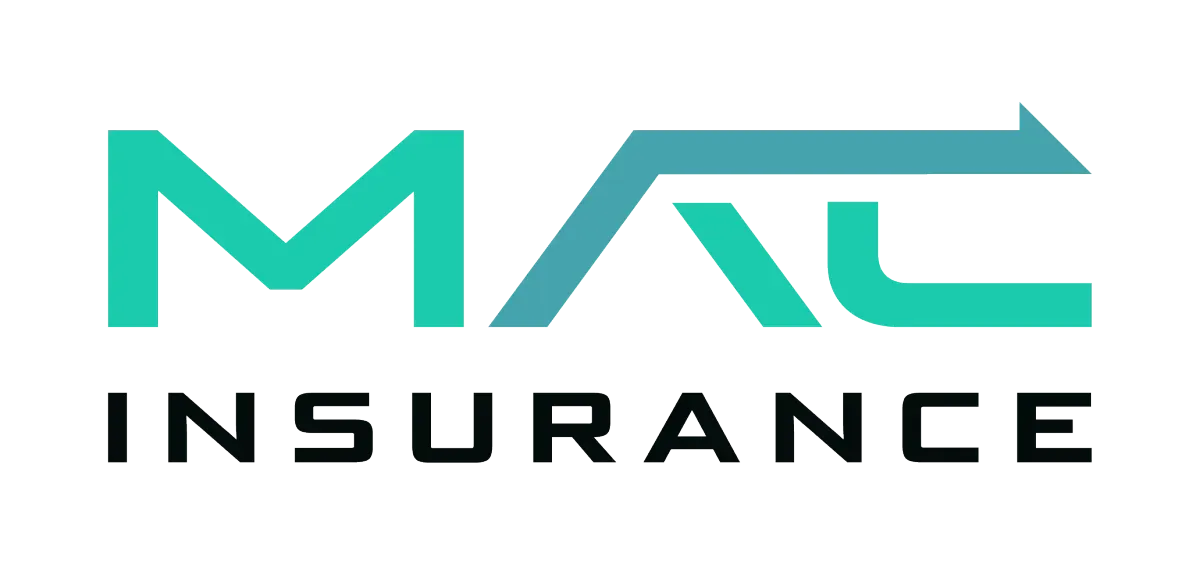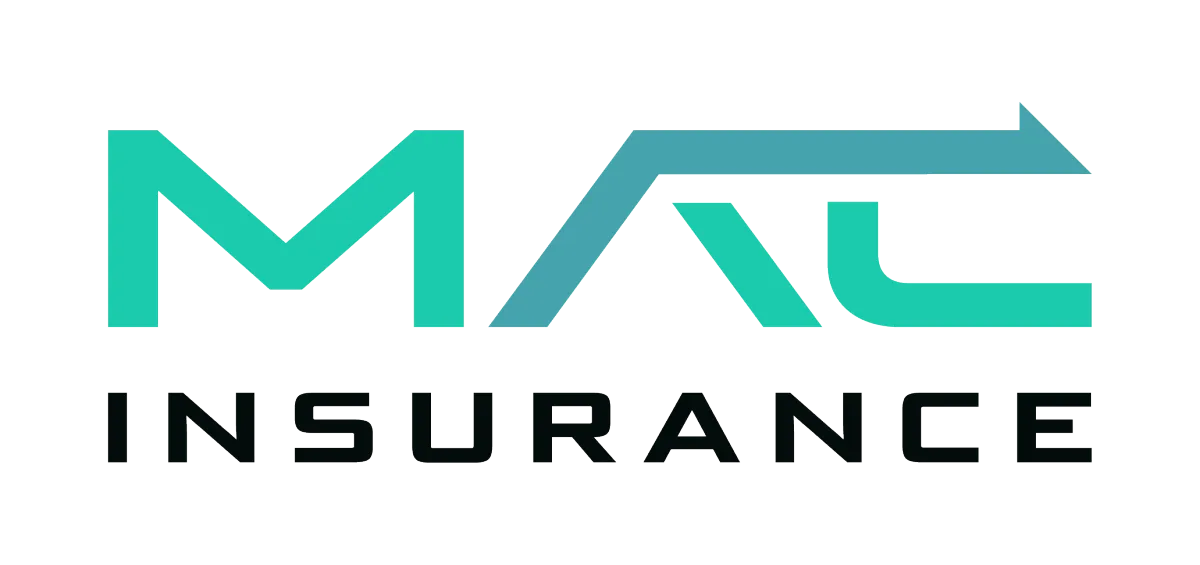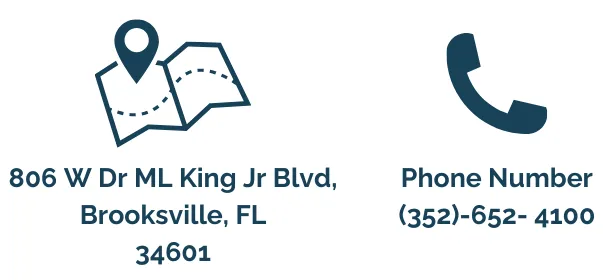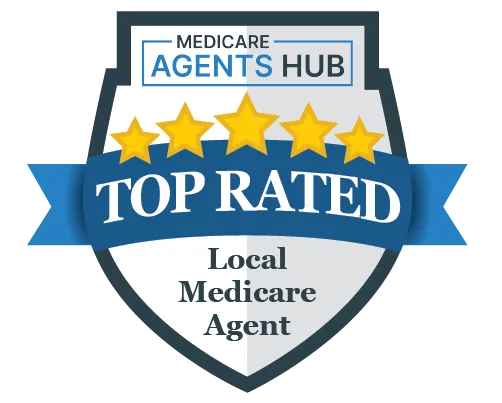Medicare Advantage HMO Plans
An HMO is a Medicare Advantage plan that provides coverage through a network of doctors and hospitals for a set fee. It usually has lower premiums, sometimes $0, but limits care to in-network providers except for emergencies, urgent care, or temporary dialysis.
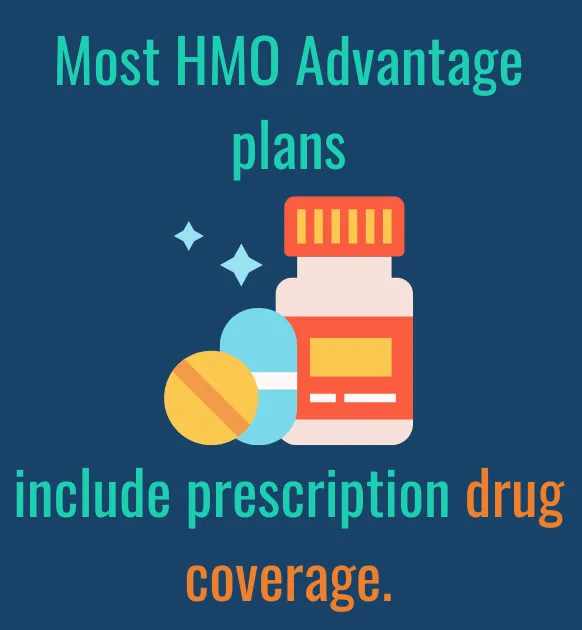
Part C HMO Plans
HMO Medicare Advantage plans use a network of doctors and hospitals that agree to provide care to members. You must choose a primary care doctor who manages your care and gives referrals to specialists. If you go outside the network (except for emergencies), you pay the full cost. Many people choose HMO plans because they have low or even $0 premiums, but you still need to pay the Medicare Part B premium. Since private insurance companies offer these plans, costs, coverage, and drug formularies can vary.
Medicare Advantage HMO Eligibility
Anyone enrolled in Medicare Parts A and B can apply for a Medicare Advantage HMO plan, except those with End-Stage Renal Disease (ESRD). You can enroll during your Initial Enrollment Period, the Annual Enrollment Period, or a Special Enrollment Period if you qualify.
Since HMO plans aren’t available everywhere, check with a licensed agent to see what’s offered in your area.
What’s the difference between HMO and PPO Medicare Advantage plans?
The most common Medicare Advantage plans are HMO and PPO plans. Both have provider networks, but they work differently.
HMO plans require you to use in-network doctors and hospitals, and you need a referral to see a specialist. If you go out of network (except for emergencies), you’ll pay the full cost.
PPO plans offer more flexibility — you can see out-of-network providers, but you’ll pay more. You also don’t need a referral to see a specialist. However, PPO plans usually have higher monthly premiums than HMO plans.
If you qualify for a Special Needs Plan (SNP), it may be the best option for you.
Medicare Advantage HMO Disadvantages
The main drawback of an HMO plan is its limited provider network. If your doctor or hospital leaves the network, you’ll need to find a new one.
Also, if you need to see a specialist, you must first get a referral from your primary doctor. This means two separate visits and two copays.
Medicare Advantage
Discover More About
MEDICARE ADVANTAGE HMO PLANS
Understanding all your options is key when selecting a Medicare Advantage plan. If you're thinking about an HMO plan, check which of your current providers are included and whether you'll need to switch to new doctors or facilities. Also, consider your travel habits, as coverage is limited to the plan’s service area.
Choosing a Medicare Advantage plan involves many factors, but our experienced agents are here to help you find a plan that meets both your needs and budget.
ADDITIONAL QUESTIONS TO BE ADVISED ON:

What are the benefits of choosing an HMO plan?
The benefits of a Medicare Advantage HMO plan include lower costs, coordinated care, and extra benefits like dental, vision, and wellness programs. However, you must use in-network providers and usually need referrals for specialists.
Do Medicare Advantage HMO plans cover prescription drugs?
Yes, most Medicare Advantage HMO plans include prescription drug coverage (Part D), but it's important to check the plan details to be sure.
What happens if I go out of network with an HMO plan?
If you go out of network with a Medicare Advantage HMO plan, you may have to pay the full cost of care, except in emergencies or urgent situations.
How do copayments and coinsurance work in an HMO plan?
In a Medicare Advantage HMO plan, you pay a copayment (a fixed amount) for doctor visits and services. Coinsurance is a percentage of the cost you pay for certain services. Costs vary by plan.
What should I consider before choosing a Medicare Advantage HMO plan?
Before choosing a Medicare Advantage HMO plan, consider network restrictions, costs (premiums, copays, and out-of-pocket limits), coverage for prescriptions and extra benefits, and whether your doctors and hospitals are in-network.
📩 Contact us today and let us represent you for FREE!
We are not connected with or endorsed by the United States government or the federal Medicare program. We do not offer every plan available in your area, and any information we provide is limited to those plans we do offer in your area. Please get in touch with Medicare.gov or 1-800-MEDICARE to get information on all your options.
Copyright © 2026 MAC Insurance. All rights reserved.
